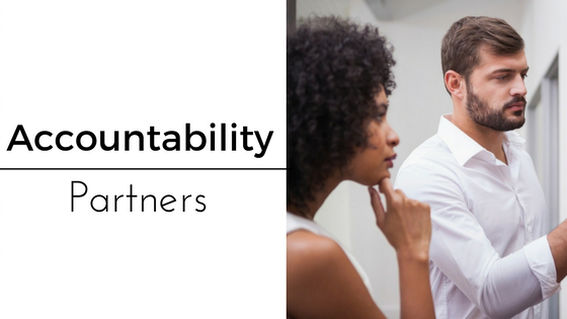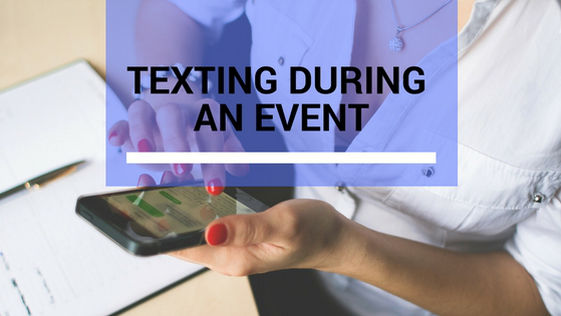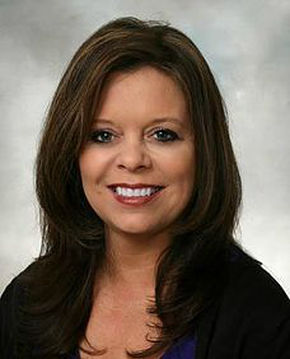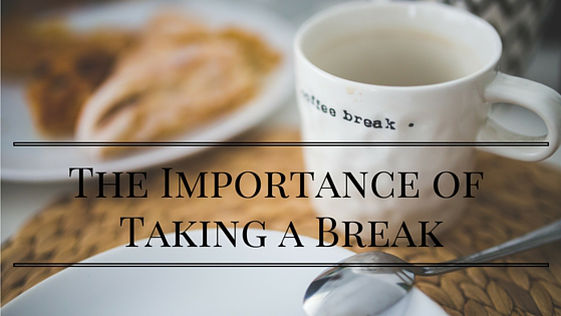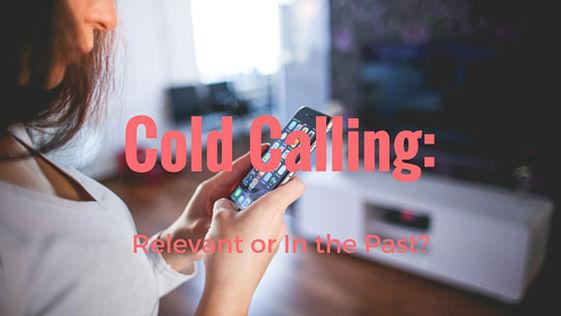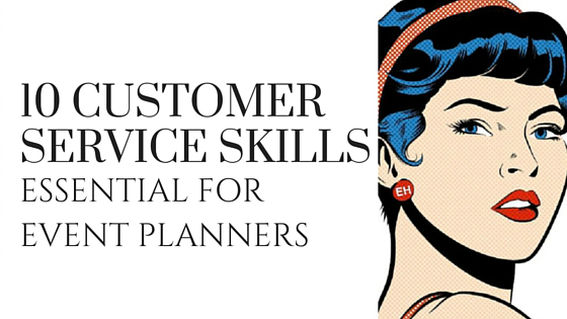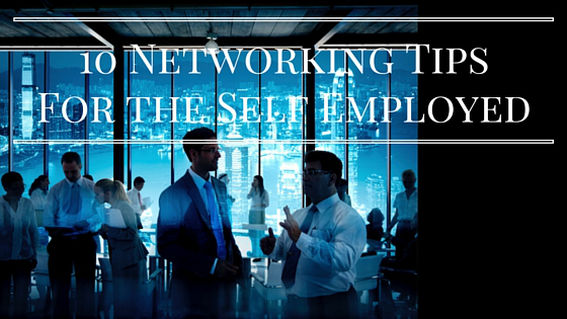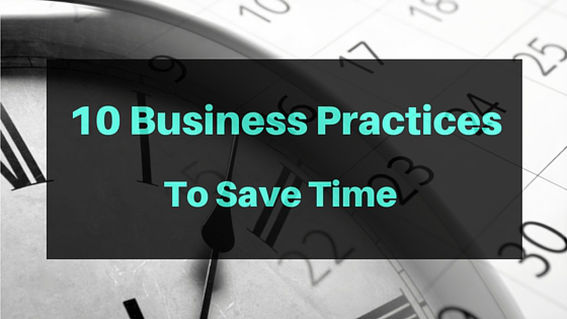In the event world, you are surrounded by all sorts of people. Vendors, clients, guests… but sometimes you need someone who motivates and understands your position as an event professional. That is where an accountability partner comes in!
An accountability partner is someone who keeps you and your goals on track. An entrepreneurial definition is someone who “provides guidance and hold their partners to their commitments to help them take their success to the next level”, there is a “duality to the relationship” and each person “holds them accountable to their goals”.
This is a unique relationship, and unlike a mentorship, both partners help each other to reach their career goals. But this doesn’t mean that you won’t learn from each other! These relationships can be great for business and bring unexpected benefits.
An example for someone in the event profession could be another event professional, or someone completely different. Your accountability partner doesn’t need to be identical to you. For example it could be someone creating a marketing startup, a PR professional or another business area.
The point of having an accountability partner is to keep you motivated and on track. Everyone has bad days (or week), and it is good to get advice from someone outside your business who understands the struggles and successes.
There are many benefits to having an accountability partner, just make sure you choose wisely. The most important thing when choosing is making sure you will each benefit each other.
Here are 4 benefits that you get from an accountability partner:
- Business growth: An accountability partner will hopefully give you new insight into your business, and build on your own ideas. This relationship can bring business recommendations and referrals by your partner, and vise versa. The right partner will contribute to your career and push you to succeed.
- Motivation: An accountability partner should always motivate you and make sure you do your best! In times of stress or moments that you are unsure, they will pick you up and give you advice. This comes from a different standpoint than a friend or relative, because they most likely have gone through similar situations.
- Tracks your goals: Make it clear to your partner what your goals are in the beginning (and continue to update!). Their job is to keep you on the straight and narrow. They will be there to remind you why you are doing this.
- Friendship: Your accountability partner may have started out as an acquaintance or a stranger from a networking event. But, depending on your time talking, your relationship may have turned into a friendship! This is great! You know you can trust each other with business ideas and growth, but you have built something much deeper. This may not always be the case, but the point is mutualy understanding your goals and accomplishments and pushing you to achieve those.
There are many more benefits that come from an accountability partner, so start your search! Know what you want to get out of this relationship before looking. A great way to meet an accountability partner would be networking or joining a business group. Find out what there is in your city and don’t be afraid to try new things!

